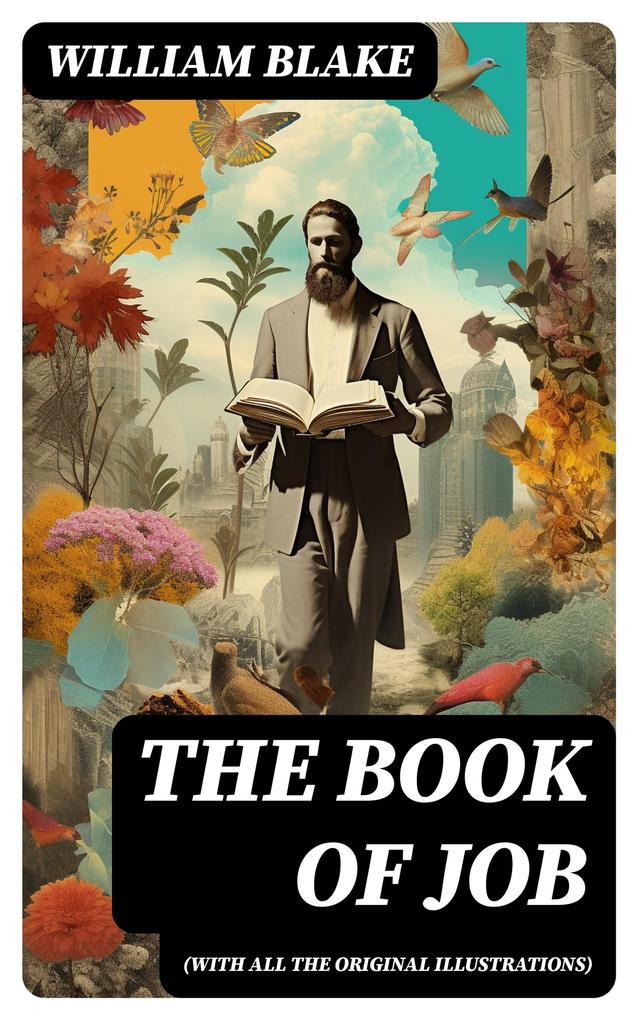
Sofort lieferbar (Download)
William Blake's adaptation of 'The Book of Job' is a profound reimagining of the biblical narrative, intermingling poetic lyricism with vibrant illustrations. This work encapsulates the existential struggle of humanity against suffering and divine justice while employing Blake's characteristic symbolic language. The fusion of text and image invites readers to explore the depths of Job's trials through a spiritual lens, urging a contemplative approach to life's uncertainties. The visual brilliance of the illustrations complements the scriptural text, offering a multi-dimensional exploration of faith, despair, and resilience, set against the backdrop of Blake's unique philosophical and religious views. Blake, a visionary poet, artist, and engraver of the 18th century, was deeply influenced by the theological and political upheaval of his time. His distinct mysticism and rebellion against institutional Christianity shaped his interpretation of biblical stories, positioning him as a critical figure in Romantic literature. Driven by his fascination with morality, spirituality, and the human condition, Blake's work serves as a manifestation of his beliefs and artistic vision, reflecting his quest for truth amid societal constraints. Readers are encouraged to delve into this masterful integration of text and illustration, as Blake's 'The Book of Job' speaks to the timeless struggle of faith and human suffering. This edition, adorned with all original illustrations, not only serves as an artistic treasure but also resonates deeply with those seeking philosophical insights and spiritual understanding.
Produktdetails
Erscheinungsdatum
23. Dezember 2023
Sprache
englisch
Seitenanzahl
64
Dateigröße
3,67 MB
Autor/Autorin
William Blake
Verlag/Hersteller
Kopierschutz
mit Wasserzeichen versehen
Family Sharing
Ja
Produktart
EBOOK
Dateiformat
EPUB
ISBN
8596547762454
Entdecken Sie mehr
Bewertungen
0 Bewertungen
Es wurden noch keine Bewertungen abgegeben. Schreiben Sie die erste Bewertung zu "The Book of Job (With All the Original Illustrations)" und helfen Sie damit anderen bei der Kaufentscheidung.









